Where resolution meets writing even when my resolution isn’t about writing
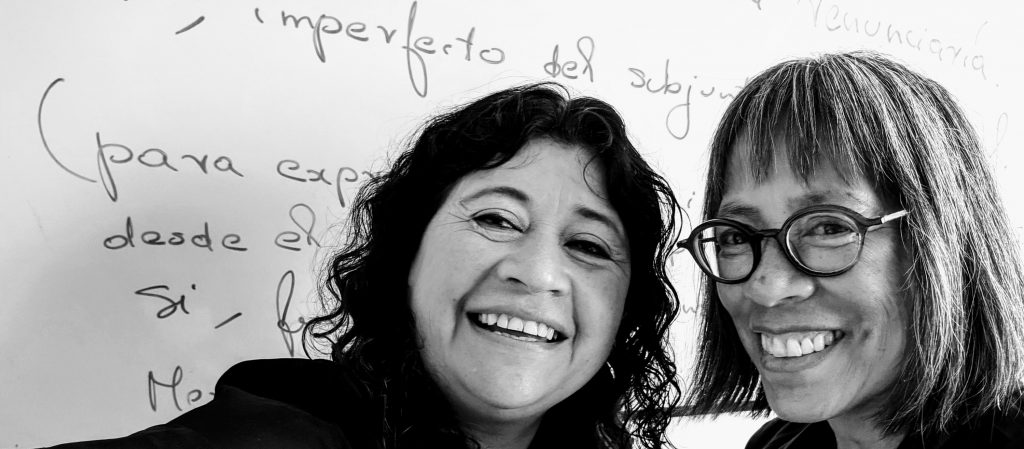
I have one firmly defined and achievable resolution, and I have one that is maybe not a resolution after all, but some vague hope. But I’m making a connection between that resolution and that hope, because I’m making a connection between that resolution and everything in my life.
My resolution: To be able to have conversations in Spanish with a decent level of fluency. I want to, as Nacho of NachoTime Spanish says, get out of Intermediate Spanish Purgatory. It’s where I’ve languished for years. But no more.
2020 is the year of thinking and speaking in Spanish for me. I’m practicing every day and trying to speak in Spanish as I go about my daily activities, which is why my resolution connects to everything else happening in my life this year. One of those things is the publication of my new book of fiction, my third. It’s called Living Color: Angie Rubio Stories, and I love it and I love Angie Rubio, and I’m hoping whoever reads it will love it and her too.
I’m a small press author with name recognition within a few-miles radius of Elliott Bay Book Company, the epicenter of literary Seattle, a bookstore that is bighearted in its support of local authors. Like any author, I await the arrival of my book in the world with both excitement and an unhealthy dose of anxiety and catastrophizing. Amid all the other books this year, the years before, and the years to come, will anyone find and read my book?
Lately I’ve been seeing the lists on social media. You know the ones? The most anticipated books of 2020 in all its permutations – YA, fiction, writers of color – and the various listers – BuzzFeed, Vogue, Goodreads, Bustle, The Millions, Ms.
How are such lists compiled? How does one’s book get listed?
My book doesn’t come out until fall. We’re still in the cover design and please-blurb-my-book stages. Have I missed the list boat? Has that publicity ship sailed?
My fretting about the lists was somewhat tempered when I came across this tweet on Twitter:
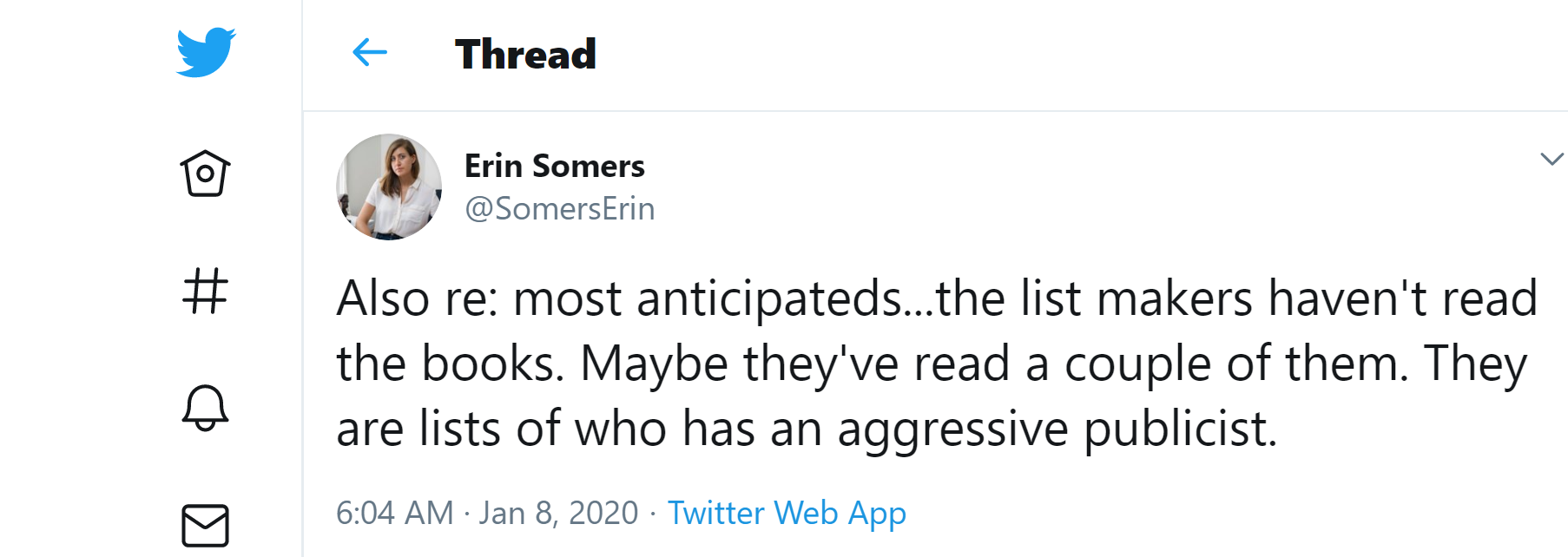
Somers followed up with this tweet:

Yes, obvious. But of course, if I were ever to be on a list, I would not complain.
As I said, here’s where the connection to my resolution to learn Spanish well enough to have conversations sin esfuerzo y con fluidez comes in. As I go about my day, everything I do or react to, I try to describe or respond to it in Spanish to train my brain to think in Spanish. For instance, regarding lists, I might say something like this (with a shout-out to Jenny, my Spanish teacher when I was in Quito, who drilled me on the subjective):
Pero, seguramente, si yo estuviera en una lista, no me podría quejar.
Which is to say, But surely if I were on a list, I wouldn’t complain.
The Spanish doesn’t just roll off my tongue, since my brain is still spending a little too much time hunting for the words. But with daily practice, I figure I can accustom both brain and tongue to deliver sentences with an acceptable level of fluency.
So, with the help of various YouTube Spanish teachers, I’m learning phrases and expressions that could be relevant to the highs and lows of having a book come out in the world.
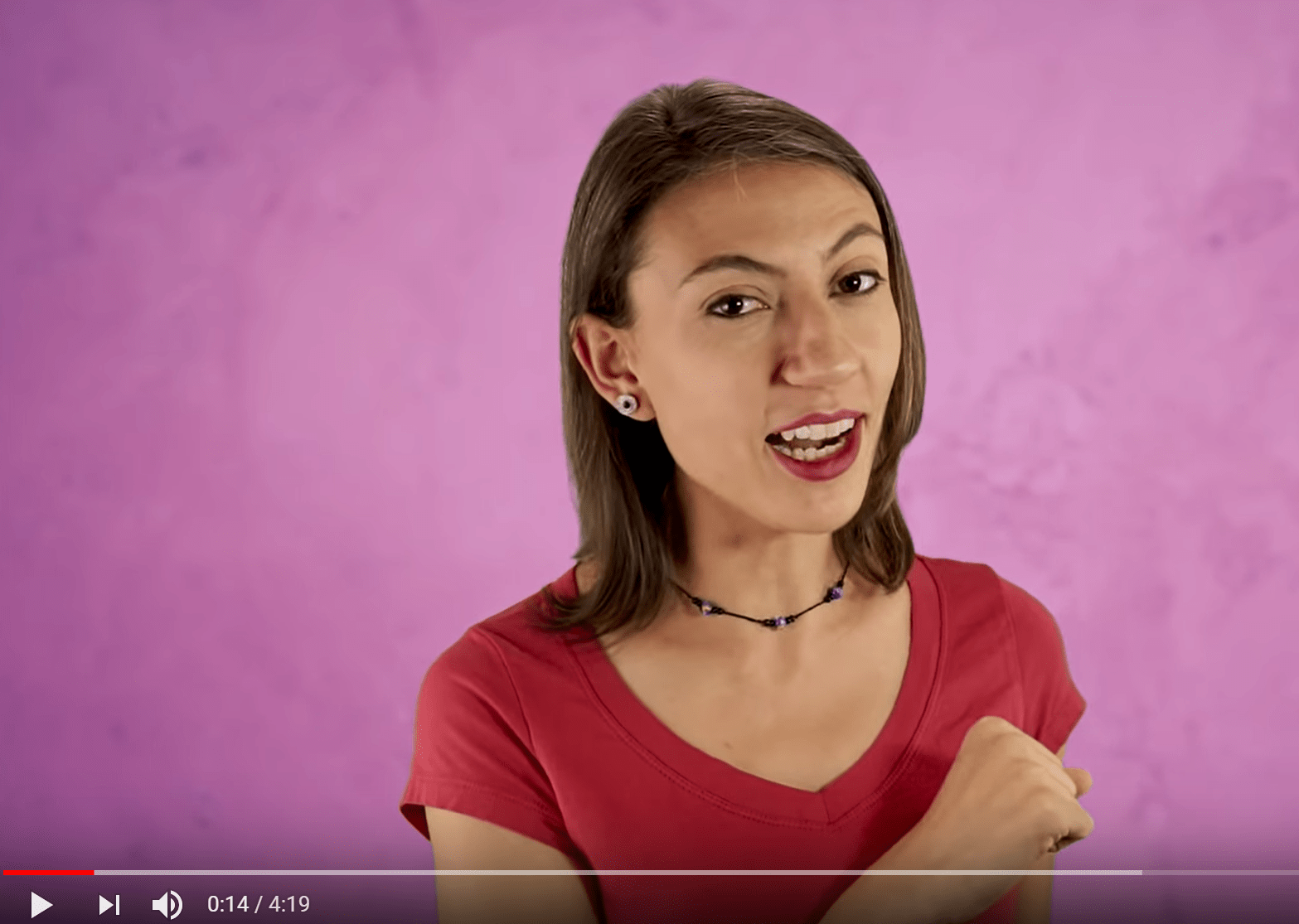 From Maria, la creadora colombiana of Why Not Spanish? comes this advice for Spanish-language learners, but which is good advice for cualquier cosa:
From Maria, la creadora colombiana of Why Not Spanish? comes this advice for Spanish-language learners, but which is good advice for cualquier cosa:
Lo peor que puedas hacer es comparate con otra persona. No tiene sentido.
The worst thing you can do is compare yourself with another person. It doesn’t make sense. (Highly sensible, no?)
♦
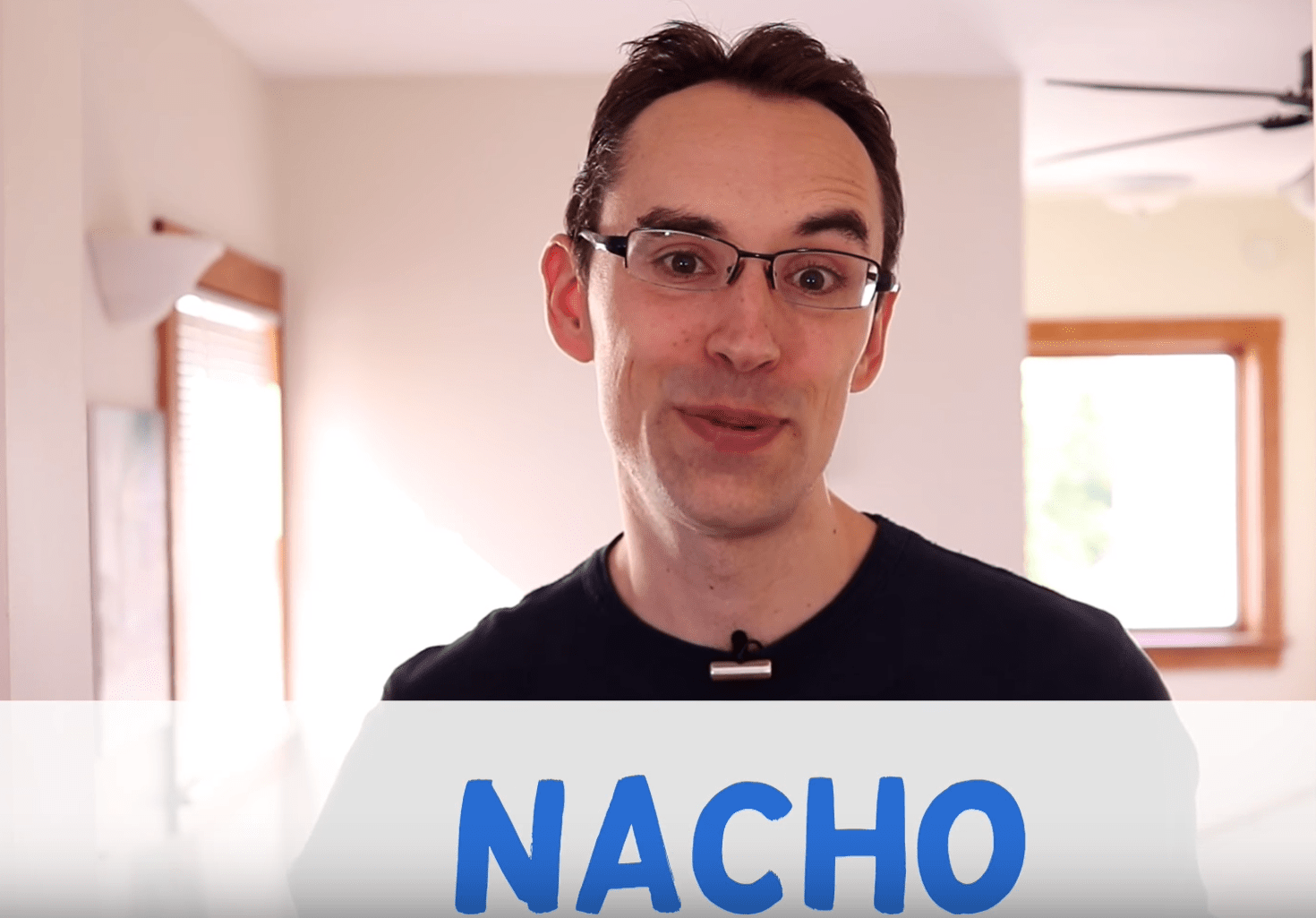 From Barcelona, Nacho of NachoTime Spanish advises those of us learning Spanish to write sentences each day.
From Barcelona, Nacho of NachoTime Spanish advises those of us learning Spanish to write sentences each day.
Escribir sirve para pensar mejor.
Writing helps you think better.
It’s a good reminder of why we write – for our own edification.
♦
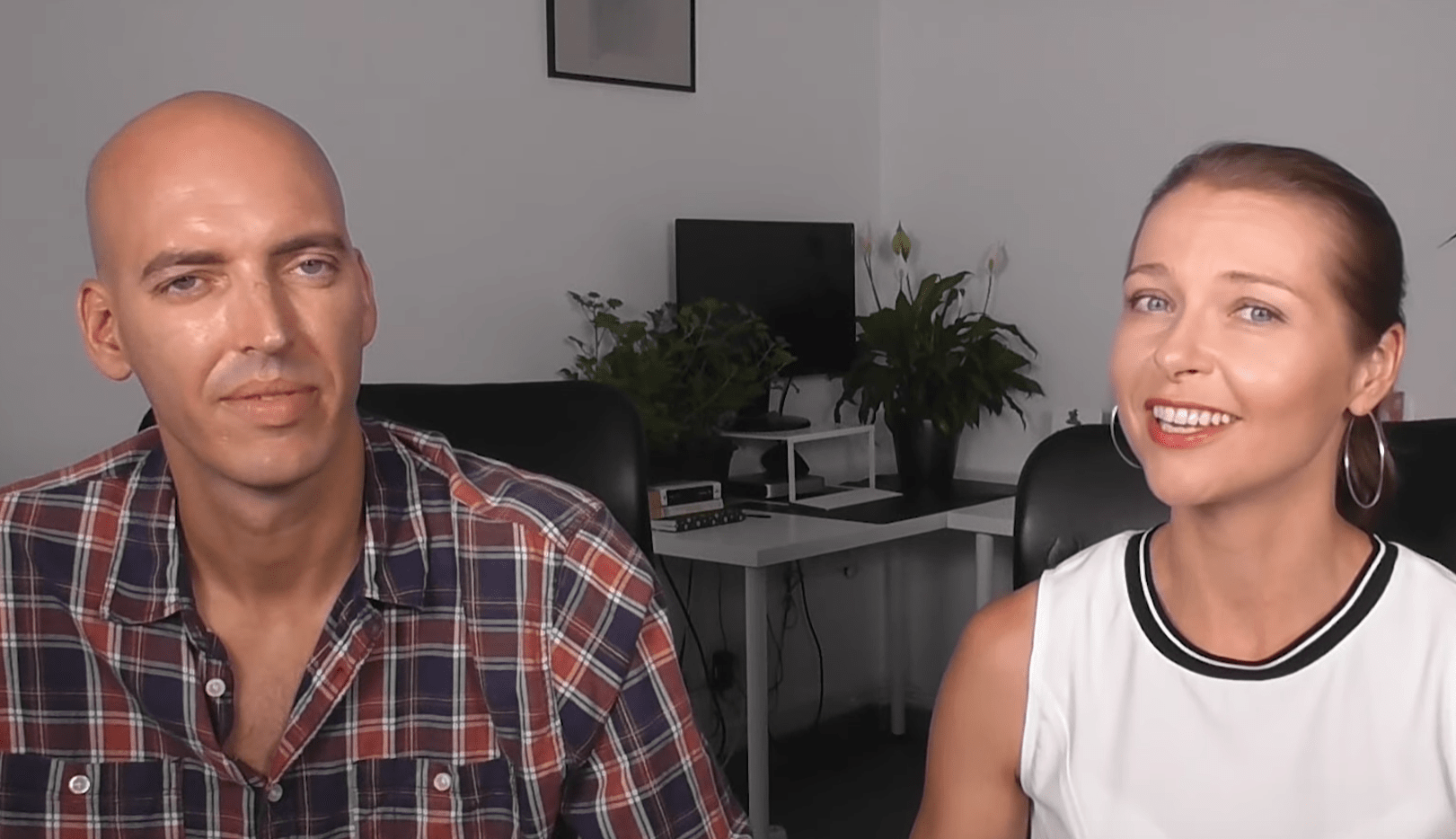 Also from Barcelona, Karo and Mauro of Español Automático include these among the actions of those who are successful in learning languages:
Also from Barcelona, Karo and Mauro of Español Automático include these among the actions of those who are successful in learning languages:
Haz tu trabajo.
Poner de tu parte.
Do your work.
Do your part.
Focus on the writing and do what you can to help your press promote your book.
♦
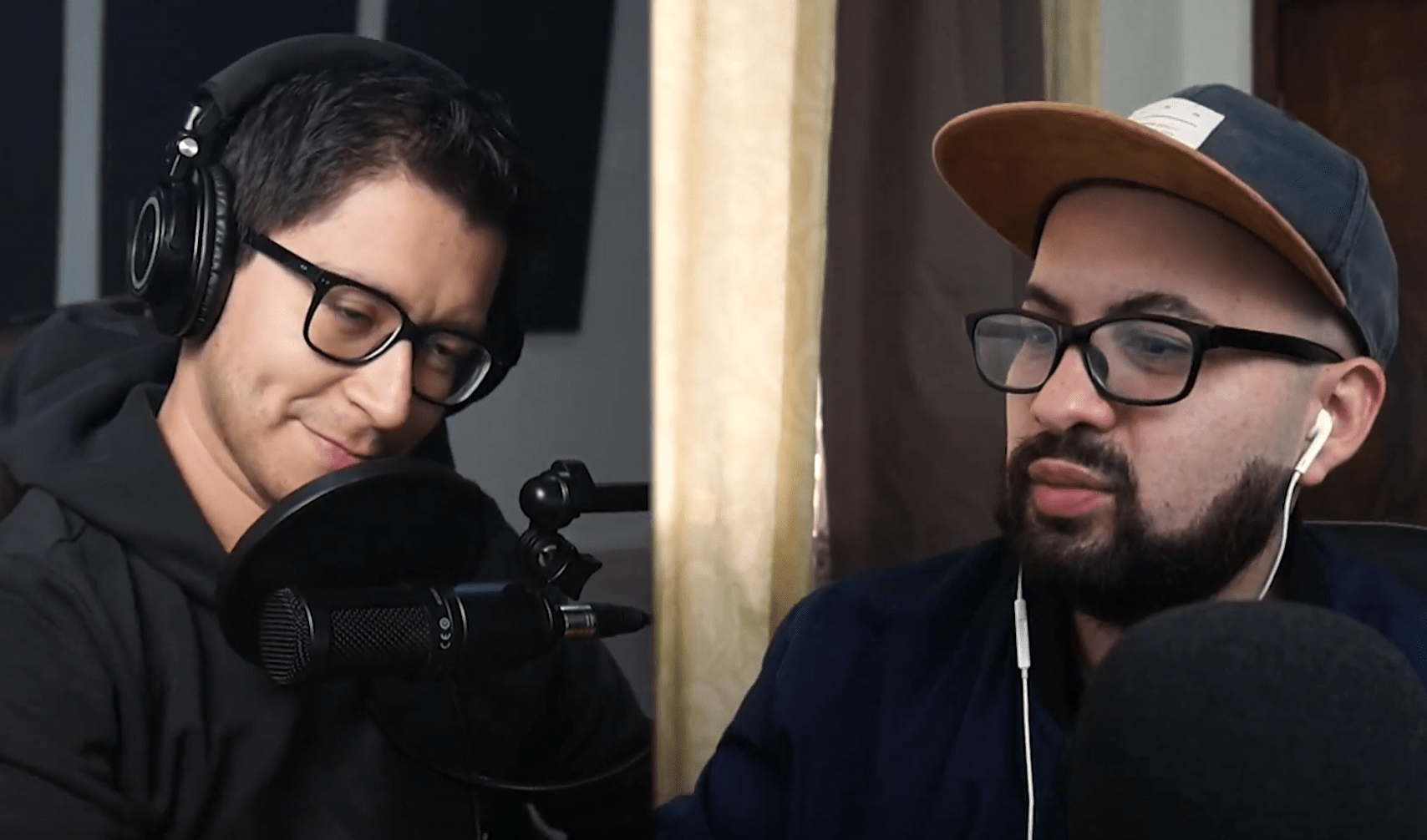 From mexicanos Beto and Hector on No Hay Tos, I borrow this expression to describe the fact that I have a book coming out from the lovely folks at Jaded Ibis Press:
From mexicanos Beto and Hector on No Hay Tos, I borrow this expression to describe the fact that I have a book coming out from the lovely folks at Jaded Ibis Press:
¡Que chido!
How cool!
It’s great when you realize that this is part of doing the work! Good on you. Getting back into my Italian studies has been on my list and you’ve inspired me. 🤗
Che bello!